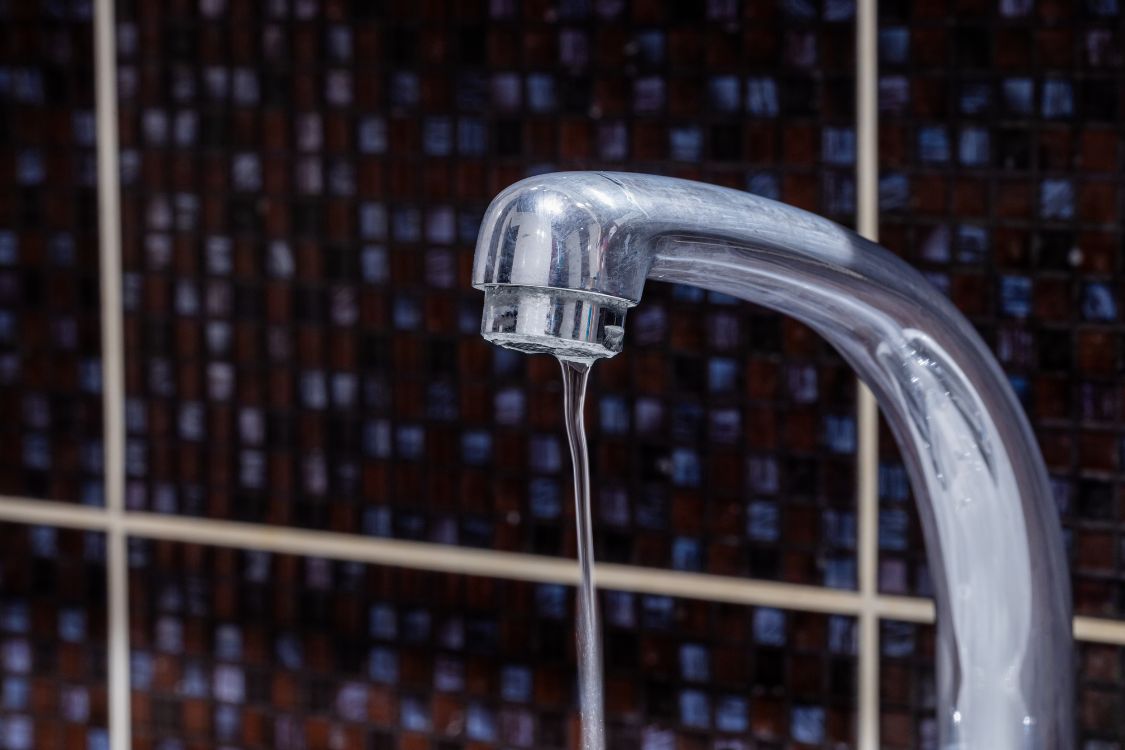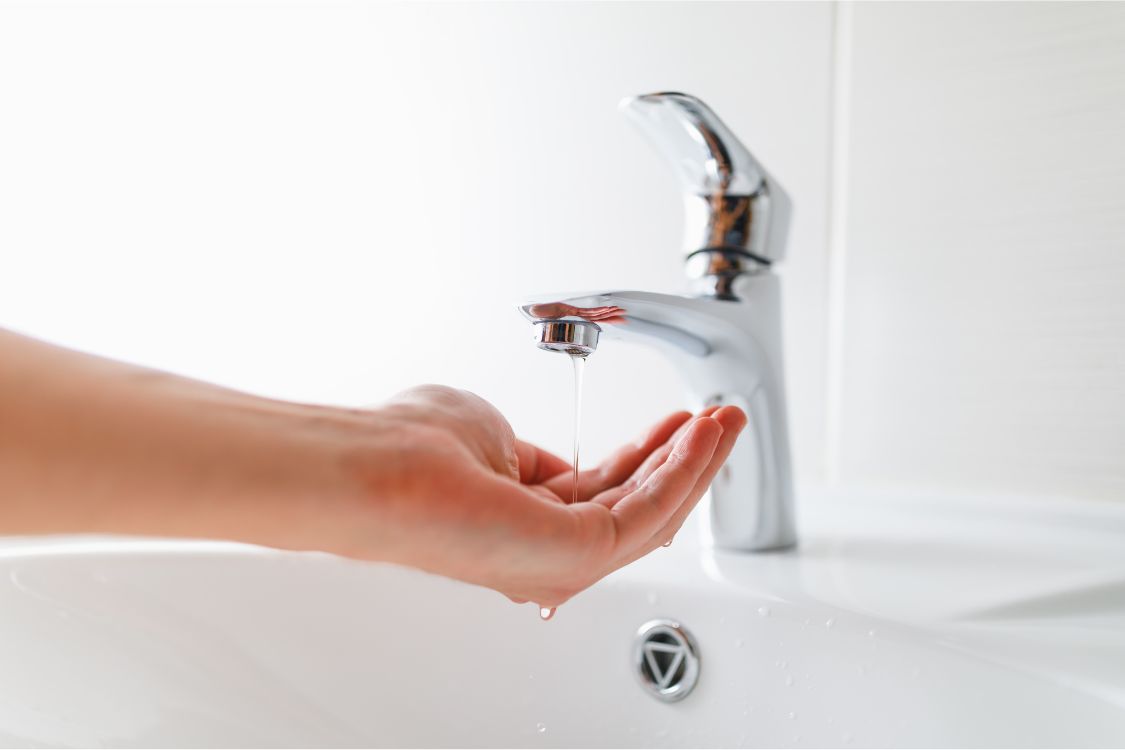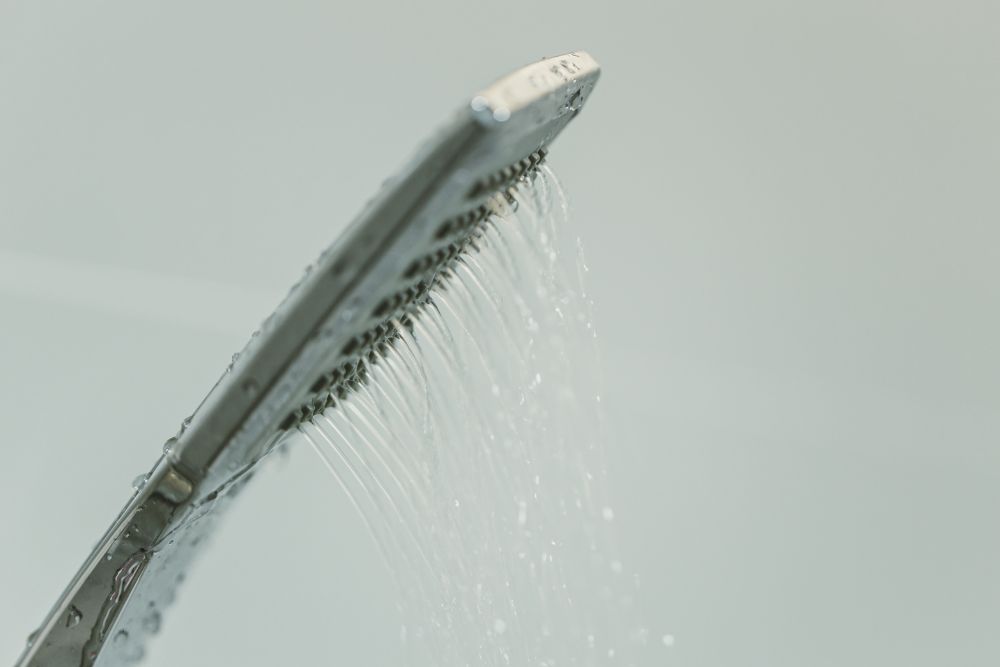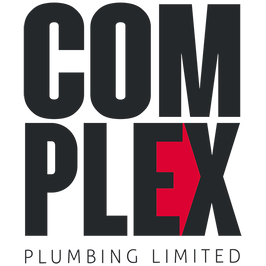
Are you tired of taking lukewarm showers with weak water pressure? Look no further!
In this article we will cover why you are suffering from low hot water pressure and what you can do to increase your hot water pressure in New Zealand.
Common Causes For Low Hot Water Pressure
If you’re experiencing low hot water pressure in your home in New Zealand, there are several common causes that could be the culprit.
Check the Water Supply
First, check if there is a problem with the water supply. Sometimes, the water pressure from the main supply line may be low, affecting the hot water pressure as well. If this is the case, you can contact your local water authority to inquire about any ongoing maintenance or repairs that may be causing the issue.
Faulty Shut-Off Valve
Another common cause of low hot water pressure is a partially closed or malfunctioning shut-off valve. This valve controls the flow of hot water to different parts of your home. If it is not fully open or if it is damaged, it can restrict the flow of hot water, resulting in low pressure.
Clogged Pipes
Clogged pipes or mineral buildup can also be to blame for low hot water pressure. Over time, minerals can accumulate and block the pipes, restricting the flow of water.
Faulty Water Heater
In some cases, the problem may lie with the hot water heater itself. Sediment buildup in the tank or a faulty pressure relief valve can lead to low hot water pressure.
How to Solve Low Hot Water Pressure In Your Home

Check Pipes For Blockages Or Leaks
To solve the issue of low water pressure, you can try checking the water pipes for any blockages or leaks. Start by inspecting the hot water pipes in your home. Look for any signs of damage or corrosion, such as rust or water stains. If you find any leaks, fix them as soon as possible. A leaky pipe can significantly reduce the water pressure in your hot water system.
Replace Your Water Pressure Regulator
Next, check the water pressure regulator. This device helps control the water pressure in your home and can sometimes become faulty or worn out. If you suspect that the regulator is the issue, you may need to replace it. You’ll want this done by a professional plumber to ensure it is installed correctly.
Replace a Malfunctioning Shut-Off Value
To fix a malfunctioning shut-off valve, locate the shut-off valve and make sure it is fully open. If it appears to be damaged, or you still have issues even if it is fully open, you may need to replace it.
Service Or Replace Your Water Heater
Flushing the water heater can help remove any sediment and improve the hot water pressure. Alternatively, you may need to replace your water heater if it is faulty and servicing it will not solve the problem.
Upgrade to Mains Pressure Hot Water
If you have a low pressure hot water system, upgrading to a mains pressure water heater will do wonders for increasing your water pressure.
How to Increase Hot Water Pressure In Your Shower

When it comes to increasing the hot water pressure in your shower, there are a few specific things you can do to fix it.
Check the Showerhead
Over time, mineral deposits can build up in the showerhead, reducing water flow. Remove the showerhead and soak it in a mixture of equal parts white vinegar and water for several hours. This will help dissolve the mineral deposits.
Alternatively, consider replacing the showerhead with a new one that has better flow capabilities.
Check for Leaks
A leak in the hot water line can reduce pressure. Inspect the plumbing for any visible leaks and get them repaired if you find any.
Examine the Pressure Balancing Valve
Some showers have a pressure balancing valve that can get stuck and reduce hot water flow. Resetting or replacing this valve can help restore proper pressure.
Inspect the Water Heater
When there are issues with the water heater, the shower is usually the first fixture to show signs.
Ensure that the water heater’s shut-off valve is fully open. If it’s partially closed, it can restrict the flow of hot water.
Sediment build-up in the water heater can also reduce hot water pressure. Flushing the water heater can help remove this sediment.
If this doesn’t solve the issue, then you may need to replace or upgrade your water heater, as mentioned earlier in this article.
Frequently Asked Questions
How much does it cost to upgrade to mains pressure hot water in New Zealand?
Upgrading to mains pressure hot water in New Zealand can cost anywhere from $2,000 to $6,000, depending on various factors such as the size of your property and the type of system you choose.
Remember, investing in a higher hot water pressure system can greatly improve your overall water flow and enhance your daily shower experience.
If you are considering upgrading, be sure to contact us to discuss the best solution for you.
Are there any water conservation measures that can be taken to increase hot water pressure?
To increase hot water pressure and conserve water, you can install low-flow showerheads and faucets.
Additionally, fixing any leaks in your plumbing system can also improve pressure.
These measures not only help conserve water but also ensure a satisfying shower experience.
Can low hot water pressure be a sign of a larger plumbing issue?
Low hot water pressure can indeed be a sign of a larger plumbing issue. It could indicate a problem with your water heater, such as a faulty pressure relief valve or sediment buildup in the tank.
Another possible cause could be a clogged or damaged pipe, restricting the flow of water.
It’s important to diagnose and address these issues promptly, as they can lead to further damage if left untreated.
Are there any DIY methods to increase hot water pressure in New Zealand?
To increase hot water pressure in New Zealand, you can try a few DIY methods.
Firstly, check if the pressure reducing valve is set too low and adjust it if needed.
You can also clean any clogged pipes or filters that might be restricting the water flow.
Another option is to install a more efficient shower head to make the most of the pressure you have.
However, if these methods don’t work, it’s best to get in contact with us so we can help you solve the problem with a permanent solution.
What are the potential risks associated with increasing hot water pressure in your shower?
When it comes to increasing the hot water pressure in your shower, there are a few potential risks you should be aware of.
One risk is the possibility of damaging your plumbing system, such as pipes or fixtures, if the pressure is increased too much and the plumbing can’t handle it (especially if it is an old, low pressure plumbing system).
Another risk is the potential for scalding if the water temperature becomes too high.
It’s important to proceed with caution and talk to us if you’re unsure about making any adjustments.
Need to Fix Low Hot Water Pressure In Your Home?
Speak to us today by calling 022 444 6474 or emailing info@complexplumbing.co.nz and we will get your hot water pressure sorted in no time!

